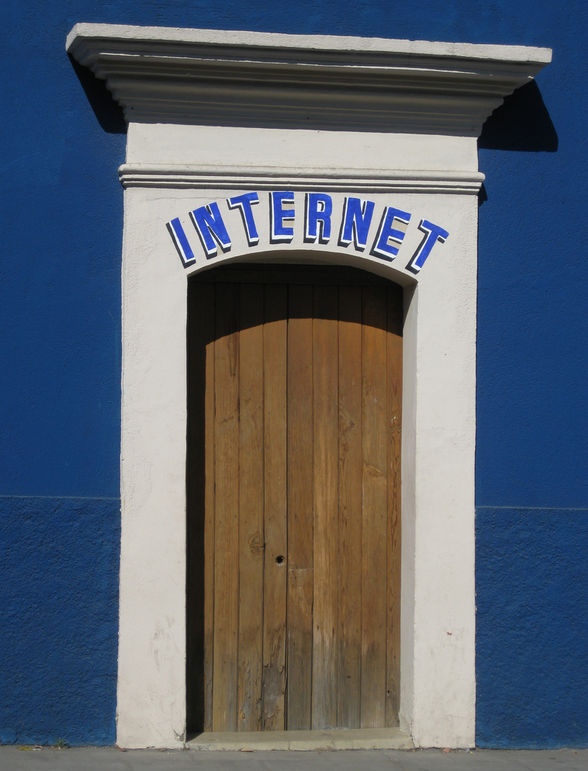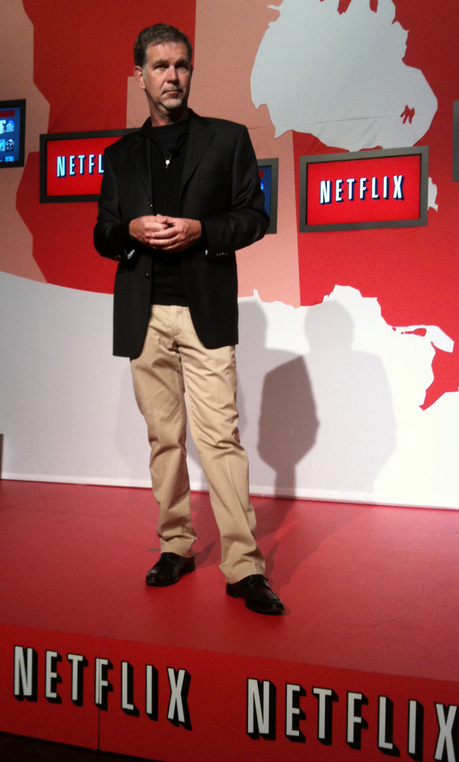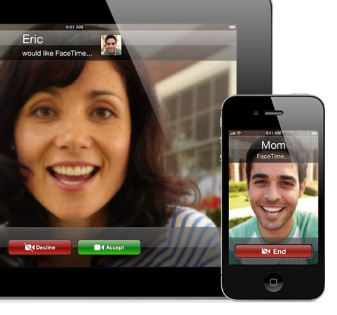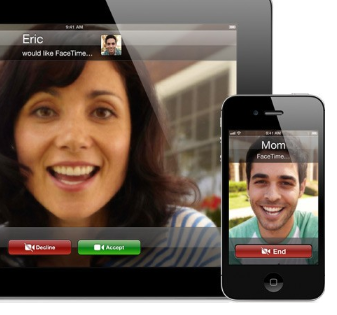Back in February, after a federal court gutted net neutrality but before Netflix agreed to pay a premium to Comcast to alleviate its data bottleneck, we predicted that any new neutrality rules would not do anything to prevent the slowdowns that users of Xfinity, FiOS and U-Verse had complained about. If you were more optimistic and holding out hope that the FCC would at least consider this issue, prepare to be disappointed. [More]
open internet

FCC Chair Announces Vague Plan To Try To Fix Net Neutrality
Last month, a federal appeals court struck down the core components of the FCC’s net neutrality rules, effectively opening the door for Internet service providers to block, throttle, or charge exorbitant fees to bandwidth-heavy content companies (Netflix, we’re all looking at you). The court had ruled that the FCC had never properly classified ISPs in a way that would allow the neutrality rules to apply. Today, FCC Chair Tom Wheeler unveiled a general outline for his plan to get those guidelines back in place. [More]

Netflix Would Ask Consumers To Protest If ISPs Try Blocking Or Throttling Service
The upshot of last week’s federal appeals court ruling that tossed out the core of the FCC’s net neutrality rule is that Internet Service Providers can now impede access to competing or data-hogging websites by downgrading or blocking these content providers. Netflix, the country’s single largest devourer of bandwidth, had been relatively quiet on this ruling, until yesterday, when it shared its view of the future of net neutrality with investors. [More]

AT&T Decides To Open Up FaceTime Over Cellular To More iPhone Users
Facing criticism — and consumer complaints to the FCC — over its decision to limit the non-WiFi use of Apple’s FaceTime video chat app to customers who have shared data plans, AT&T announced yesterday that it will allow folks with the iPhone 5 (but without unlimited data plans) to use the app over its network. [More]

Advocates File Net Neutrality Complaint Over AT&T's FaceTime Policy
Last month, AT&T confirmed that iPhone customers who want to use the iPhone’s FaceTime video chat app over a cellular connection would need to belong to one of the company’s new shared data plans. At the time, several advocates raised concerns about whether or not this requirement violated the FCC’s Open Internet rules, and now these same groups have moved to file an actual complaint with regulators. [More]


